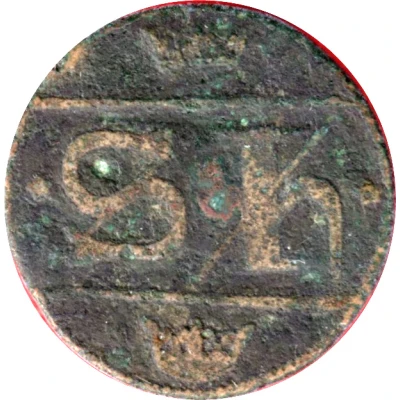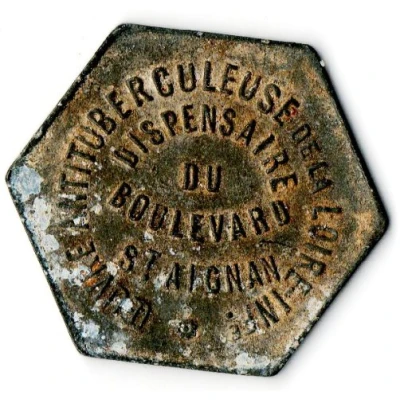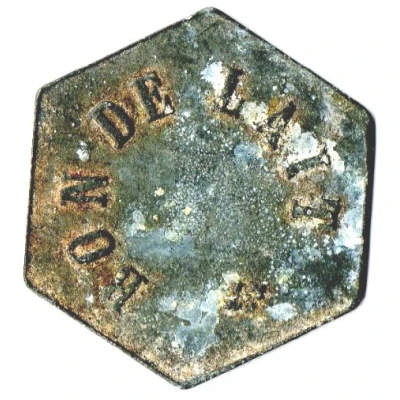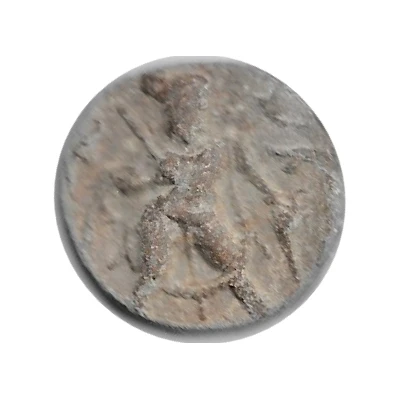
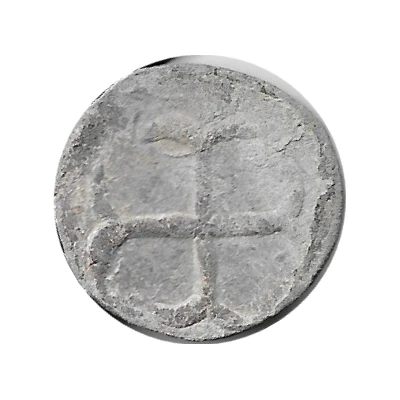

© urbain5
Méreau (Poitou) ND
| Lead | 13.5 g | 25 mm |
| Location | France |
|---|---|
| Type | Spiritual tokens › Religious tokens |
| Composition | Lead |
| Weight | 13.5 g |
| Diameter | 25 mm |
| Thickness | 3 mm |
| Shape | Round |
| Orientation | Medal alignment ↑↑ |
| Updated | 2024-11-13 |
| Numista | N#84951 |
|---|---|
| Rarity index | 97% |
Reverse
The Protestant cross.
Comment
Méreau (plural: méreaux) was a token, most often made of metal, sometimes from leather or parchment, used in France during late Middle Age and Reformation.Its name goes back to Latin: merere, "to deserve". Méreaux emerged in churches as tokens that entitled clergy to receive certain amount of bread or other food in rather great amount (part of which was supposed to be later distributed among the poor). In the 15th century there were méreaux of high nominal: 5, 20, 30 and 45 deniers, and priests could exchange them into real coins. Méreaux are similar to Notgeld by their function.
Later on méreaux came into use by medieval guilds and professional corporations until their decline at the end of the 18th century.
After abolition of the Edict of Nantes Calvinists provided méreaux to their members traveling to other Calvinist communities as to distinguish them from Catholic spies. Méreaux entitled their bearers to a Holy Communion and should be collected by the priest serving the Communion.
Collecting méreaux is called merellophylia.
